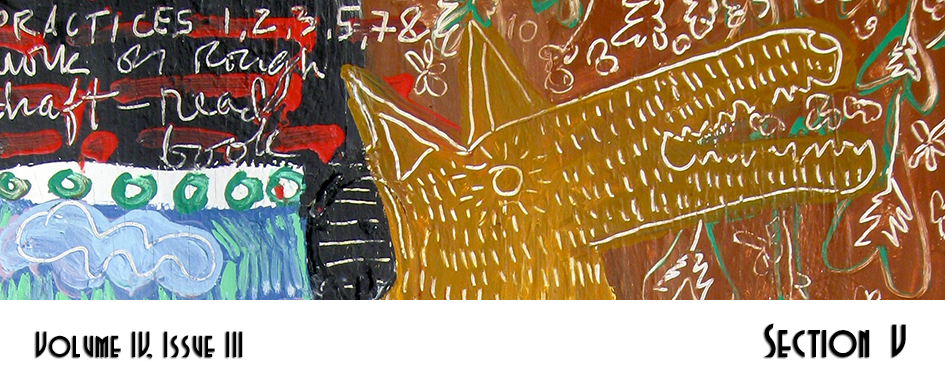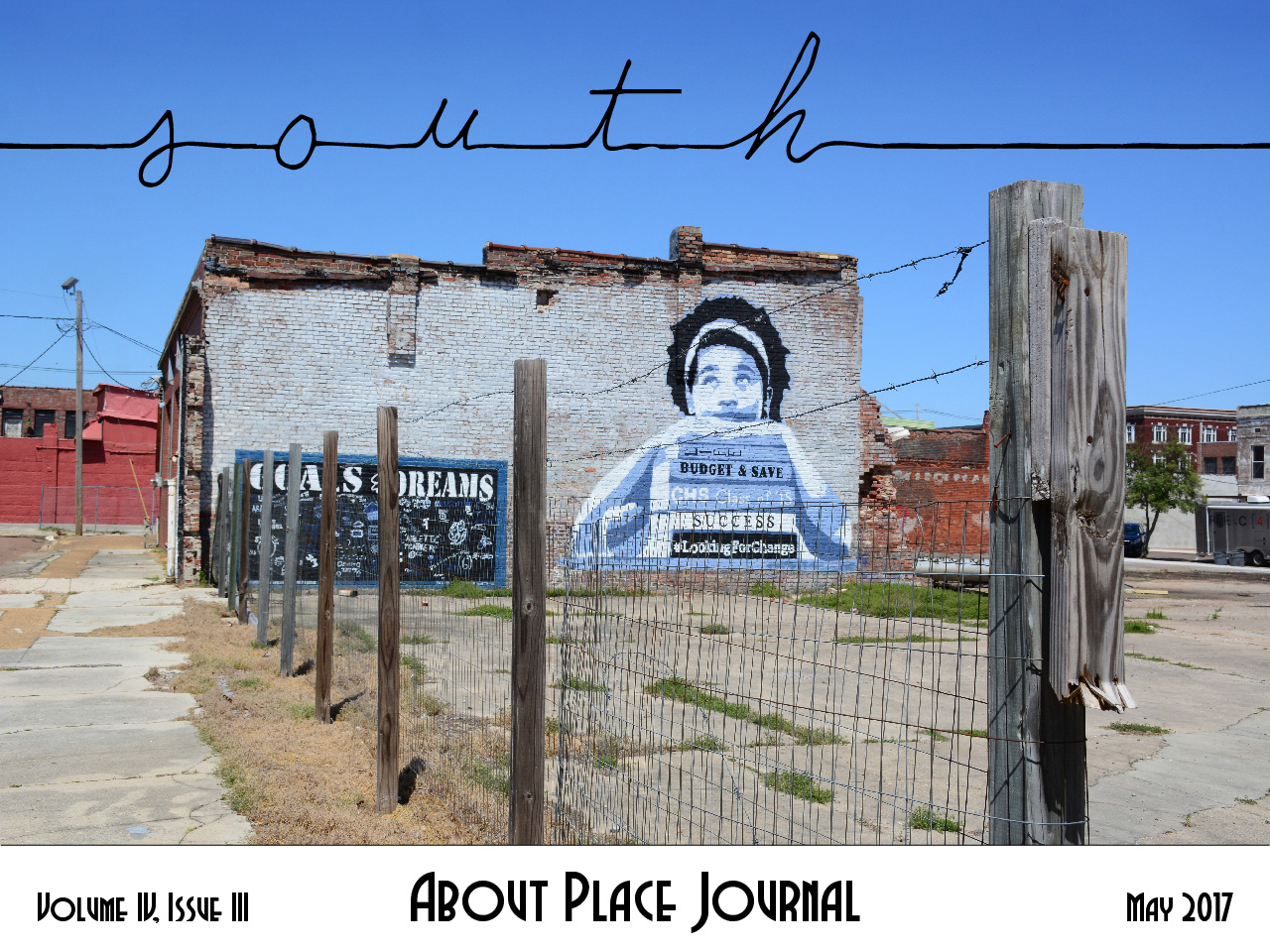Thurgood Marshall dissented. Marshall, a Negro, said that when Jackson
officials ‘denied a single Negro child the opportunity to go swimming
simply because he is a Negro, rights guaranteed to that child by the 14th
Amendment were lost.’ ”
[The Lake]
Poseidon of the Confederacy did not surge up
from the tentacled deep of Livingston Park Lake
and look askance at an integrated citizenry
splashing around with blow up floats in the familiar presence
of each other’s children. Nope. The city elders
closed the lake tighter than a padlocked paddle boat,
that clear serene ten acre lake with its postcard island
and platform high dive where no one
back-flipped or belly-flopped post Jim Crow.
[The Lawsuit]
[The White Fear]
beneath the diving boards hysterical to get wet a clear threat to civil order bound
in cultural disintegration and the inevitable blendation of untold fluids and follicles
for which we can ill afford to provide floaties to say nothing of the exorbitant cost
billy-clubs patrol cars German Shepherds evacuation of livestock at the fairgrounds and
in said facilities soon to be brimming with mulattos in swim trunks and where
where will the cows go?
[Questions from the Future]
[The Train]
Hurry if you want to catch
the Chimneyville Choo-Choo!
Faster than a caterpillar,
lumbering toward the library,
slinking past the Doric gazebo
and its fluted roof that beams
like a pawn shop Rolex
on the wrist of civic pride.
Onward chugs our half-pint
express, our loco locomotive,
nine cars long, two seats wide,
blowing hard its pre-recorded
whistle. Look, ducks! Black
and white, patrolling the shore, all
waddle and quack for a saltine
cracker! Sad boo-boo prize,
the only thing this train
does with a modicum of alacrity
is bore the hell out of us.
[The Boredom]
Darryl said it sucked, and I said it too,
sitting on the hill watching the train enter
and exit its covered wooden bridge
like a python that ate a pig that ate a forest.
Our cause neither history nor justice,
we laid long an ellipses of rocks
on one modest stretch of Choo-Choo track.
Like robbers in a dusty Western,
we ducked inside the hollow trunk
of a zombified oak that was not
well ventilated and which Darryl said
smelled like white people. I smelled
myself to check. We peeked out,
petrified with excitement when
the train shot around the corner
at a blistering speed of maybe
three miles per hour. Neither engine
nor caboose jumped the rails or rolled
downhill in flames. A disgruntled
park employee in engineer’s hat
disembarked, cleared the rocks,
his passengers confused, perhaps,
but not fearful, not clutching
their purses or passing out. We tried,
me and Darryl, but we found
no trouble and did not tell our fathers
after sprinting the five blocks
back to Clinton Avenue
where they stood in the buggy gloam
drinking tallboys in paper sacks,
man-gabbing from either side
of the chain-link fence
that separated the grassless dirt
of our respective yards.


